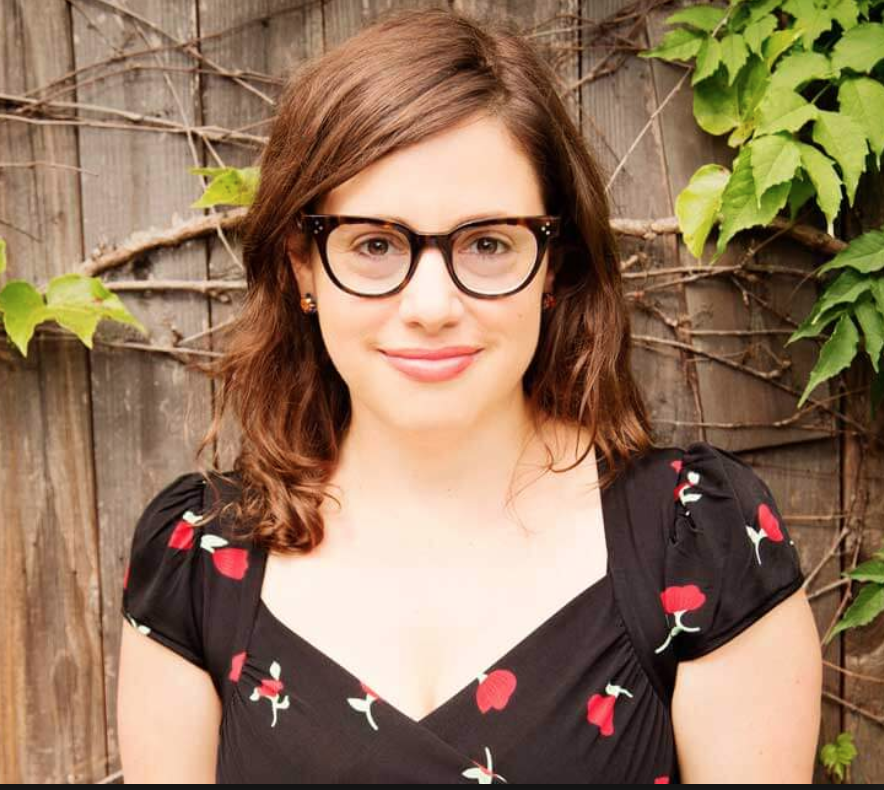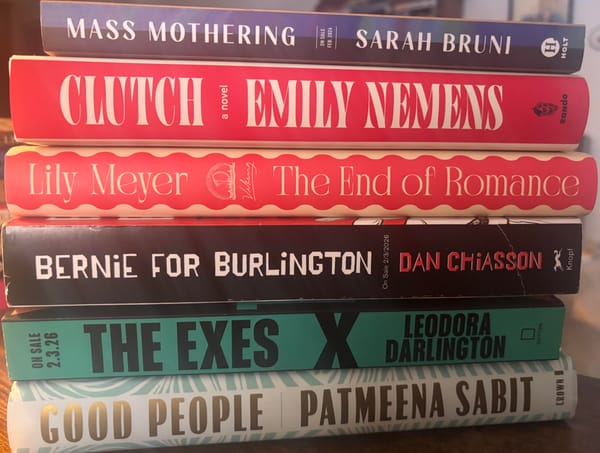The Maris Review, vol 74

What I read this week
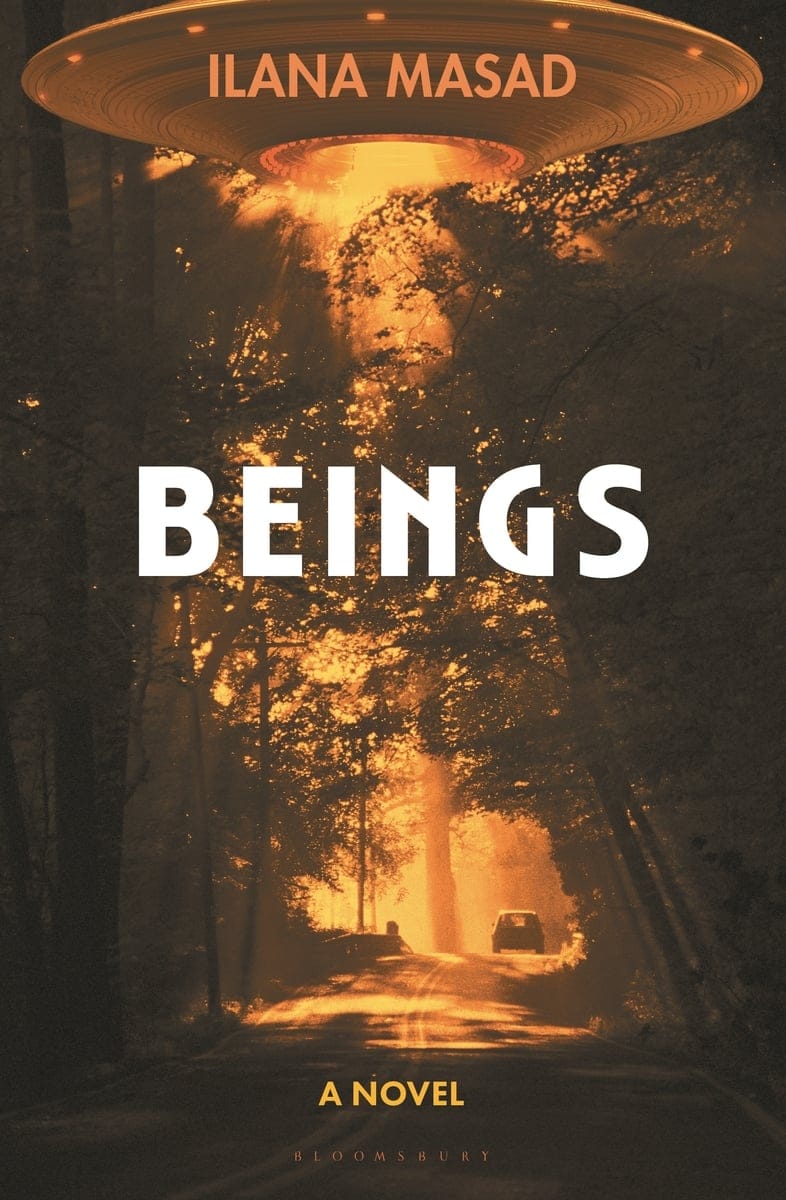
Beings by Ilana Masad
I was just the right age in 1987, when Whitley Streiber's Communion was published, to spend sleepless nights worrying if the space alien depicted on the cover was going to come take me from my bed. As a kid in the 1980s it felt like UFOs and the fear and wonder they conjured were so ingrained in popular culture that I didn't realize they were a fairly new phenomenon. It wasn't until the early 1960s when Betty and Barney Hill, an interracial married couple in New Hampshire, claimed to have an experience that became a kind of prototype for stories of alien abduction—little men, repressed memories, anal probes, the whole nine yards. The Hills inspired so much lore it's only right that they finally get a proper novel about them.
Ilana Masad is a book critic and novelist I've long admired, so much so that we've become friends over the years. The world is a nightmare but it's so exciting to see someone you've known for a while really start cooking, to watch them enter a whole new phase of their career. With Beings Ilana has become a writer of literary sci-fi who reminds me of Margaret Atwood at her peak in one of my all-time favorite books: The Blind Assassin. Both novels contain multiple narrative threads that intersect in surprising ways and become a beguiling commentary on the nature of memory and the stories we tell to make sense of the world.
Beings contains three storylines: at its heart is an unnamed couple based on the Hills who, despite being in a mixed race marriage which was still exceedingly rare back then, seem like an entirely average man and woman until they encounter a UFO in the 1960s and their lives change forever. Then there is Phyllis, a queer sci-fi writer in the 1960s whose entertaining and poignant letters Finally there's the present day unnamed Archivist, a lonely but curious reader who may or may not have had their own experience with UFOs and who combs through their files eagerly. The Archivist imagines an entire narrative for the couple, one that blurs fact and fiction in the world of the novel in hopes of communicating to some other, future reader the couple's strangely influential place in history: "Entire genres of fictional and nonfictional narratives were born from here, from the experience of these two ordinary humans living alongside mystery."
"I am learning to accept--because I must--that this is ultimately my story. Not theirs," says the Archivist towards the end of the book. "That, being a wholly separate person, my telling of the story has colored it with my own sensibilities." It's this narrative remove that makes getting to know and understand the characters in Beings so tricky yet so enjoyable. Ilana writes in a space where emotional truth matters so much more than the factual one as much as we all Want To Believe, and it's in this space where storytelling gets to be both playful and profound.
I'm going to be in conversation with Ilana tomorrow night at The Strand. Come out!
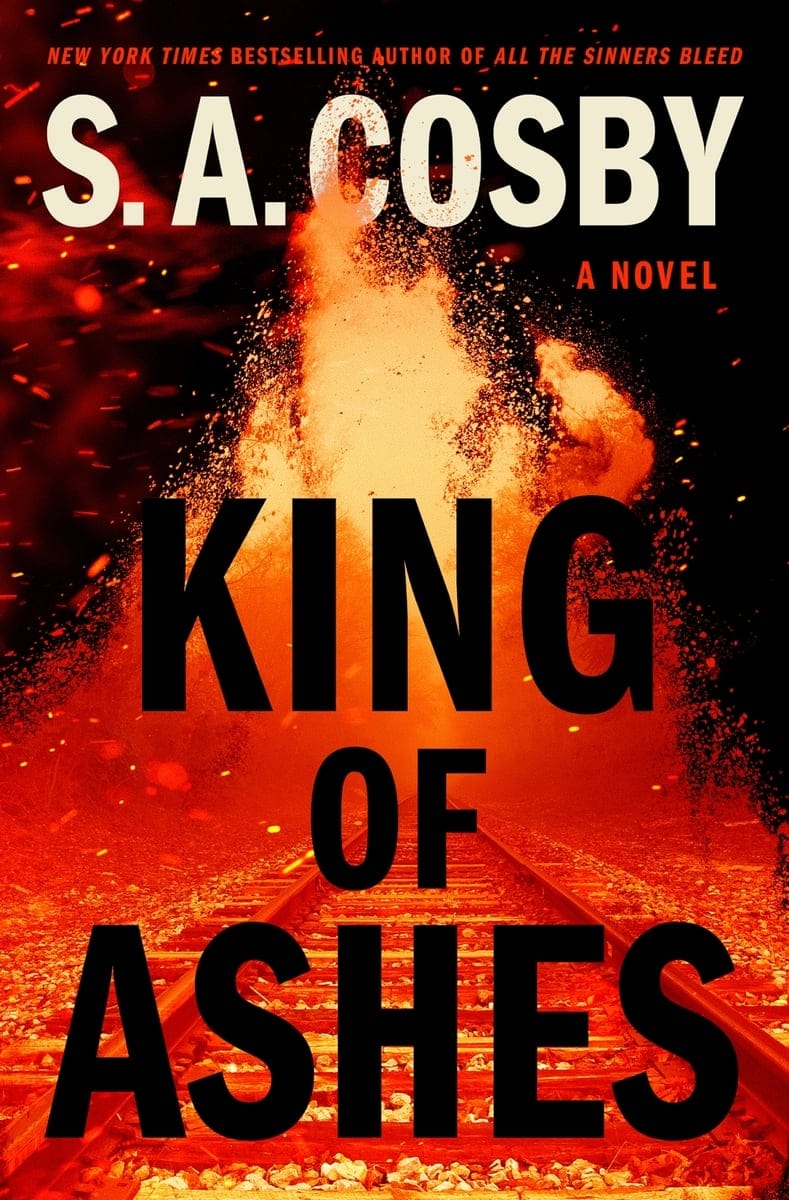
King of Ashes by S.A. Cosby
A tragedy of Shakespearean proportions, King of Ashes is a prodigal son story that ends in blood and tears and fire. When a car accident puts his father in a coma, Atlanta money manager to the stars Roman Carruthers must return to his broken down hometown of Jefferson Run, Virginia. He (and we) quickly realize that his problems are just beginning, when he learns that his younger brother Dante has gotten into debt to the kind of gangsters who don't wait for their loans to be returned patiently. Roman has to do whatever it takes, real ends justify the means shit, to make sure his family is safe, and this involves bringing in his own security, doing some first rate negotiations, and keeping up with the family business – a crematorium.
I listened to the audio version of the book, and Adam Lazarre-White's narration is truly stellar, the way he modulates his accent when doing the voices of the bad guys to the slowest of Southern drawls spiked with sadism. Razorblade Tears will remain my favorite Cosby – it's one of the best thrillers in the game. If this one isn't quite as knife-sharp (the prose skews a little more purple than previously, with more metaphorical language than there are stars in a clear night's sky) then the storyline is still as taut and propulsive as they come.
Fall of Freedom
Novelist, critic, and friend of the newsletter Hari Kunzru told me about a new project that I want to share with you. It's called Fall of Freedom and I encourage you to check it out.
This Fall, we are activating a nationwide wave of creative resistance. Beginning November 21–22, 2025, galleries, museums, libraries, comedy clubs, theaters, and concert halls across the country will host exhibitions, performances, and public events that channel the urgency of this moment. Fall of Freedom is an open invitation to artists, creators, and communities to take part—and to celebrate the experiences, cultures, and identities that shape the fabric of our nation.
Art matters. Artists are a threat to American fascism.
If I wasn't going to be at the Miami Book Festival at the time, I would have tried to organize a marathon reading of a banned book at my local bookstore. Maybe someone reading this will take up the reins instead?
I'll be moderating First Novel Friday
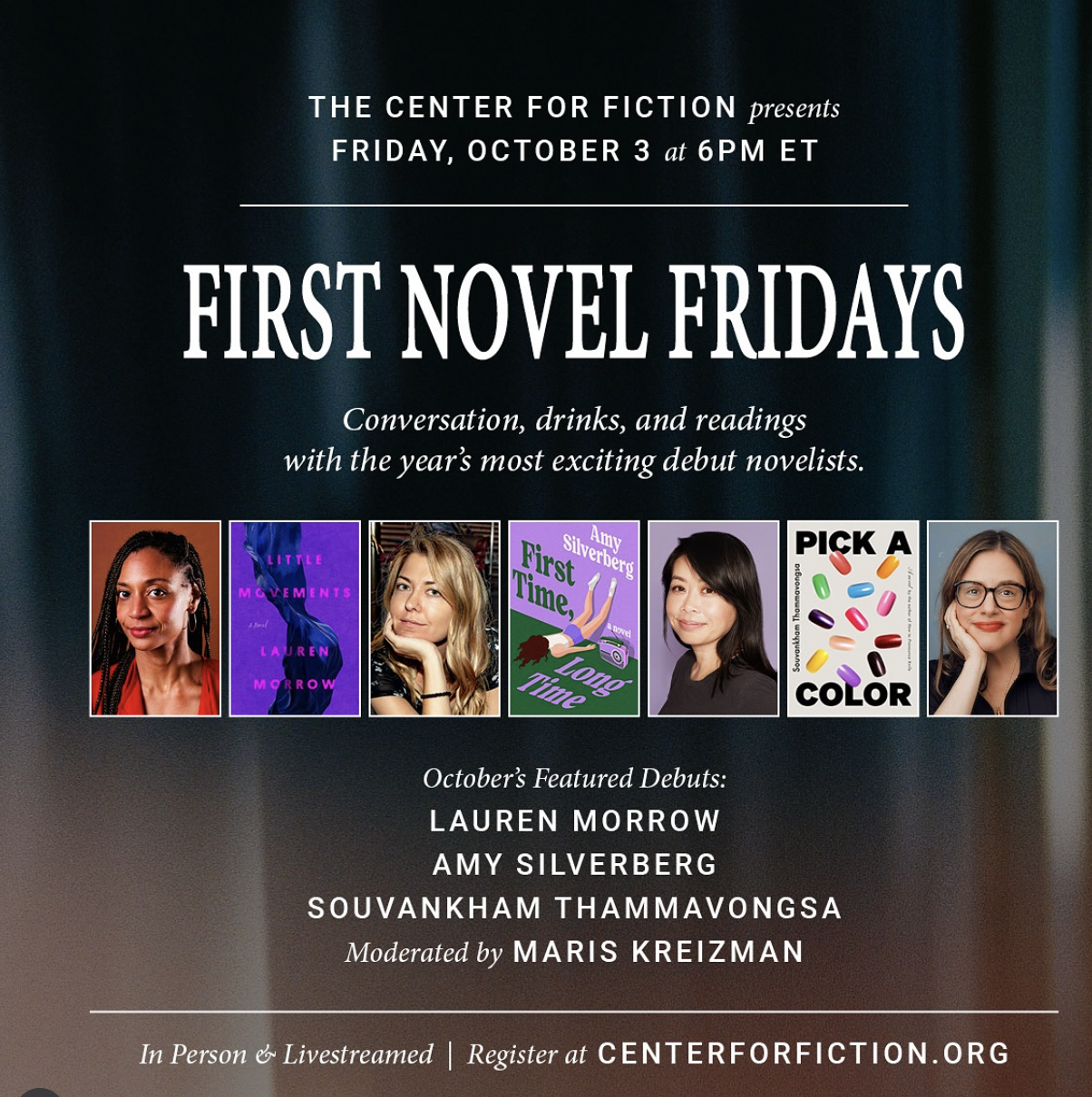
On Friday night I'll be moderating First Novel Friday at the Center for Fiction. I'm so excited about this program, in which the community is invited to come hang out with a few first time novelists and listen to them speak about their work.
My friend, brilliant Tajja Isen, just wrote an intensely insightful and heartbreaking piece about how tough it is for fiction writers out there. In a risk averse industry where data is so often more valued than vibes (vibes are what literature is all about, after all!), it's so important to get debuts off to a good start. May more debut novelists have long, fruitful careers.
Literary Citizenship 101
In case you missed it, I wrote a piece about how to be a good literary citizen in seven easy steps.
I just want to focus on one of the steps: read widely. My definition of reading widely: "This means being aware of who publishes the books you read, and seeking out independent publishers along with books from the major corporate publishers. It means reading books in translation, reading fiction and nonfiction and poetry." I can think of no better week, then, to highlight new releases. As you can see below there are tons of indie press books, a few works in translation, a new Ada Limón poetry collection, and a new edition of a novel by the author of I Who Have Never Known Men. Not to mention the first work of nonfiction by horror queen Mariana Enriquez, a buzzy debut novel that I get to talk about on Friday, and brand new Lily King.
New releases, 9/30
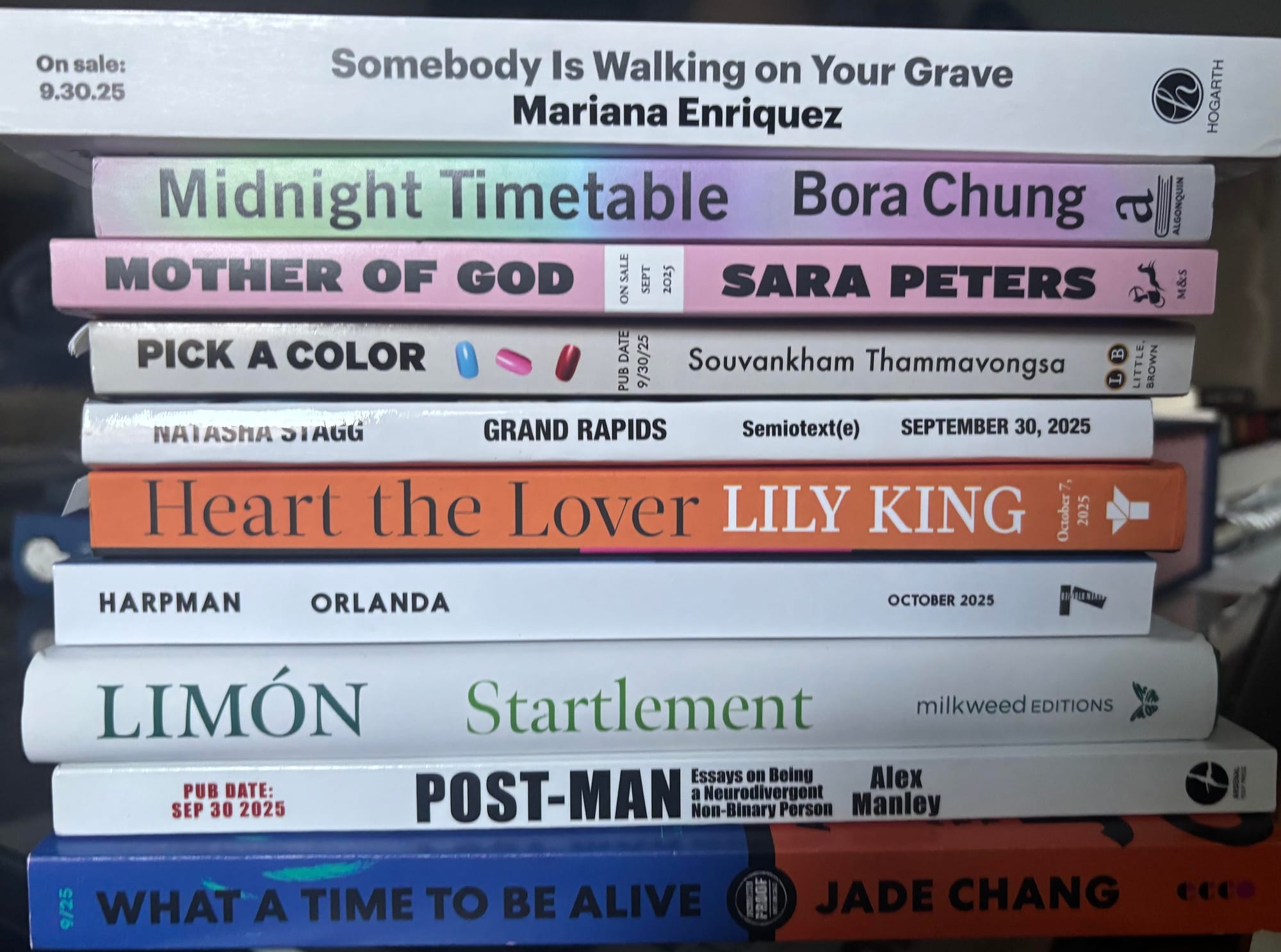
Somebody Is Walking on Your Grave by Mariana Enriquez, translated by Megan McDowell
Midnight Timetable by Bora Chung, translated by Anton Hur
Mother of God by Sara Peters
Pick a Color by Souvankham Thammavongsa
Grand Rapids by Natasha Stagg
Heart the Lover by Lily King
Orlanda by Jacqueline Harpman, translated by Ros Schwartz, with an intro by friend of the newsletter Isle McElroy
Startlement: New and Selected Poems by Ada Limón
Post-Man: Essays on Being a Neurodivergent Non-Binary Person by Alex Manley
What a Time to Be Alive by Jade Chang
